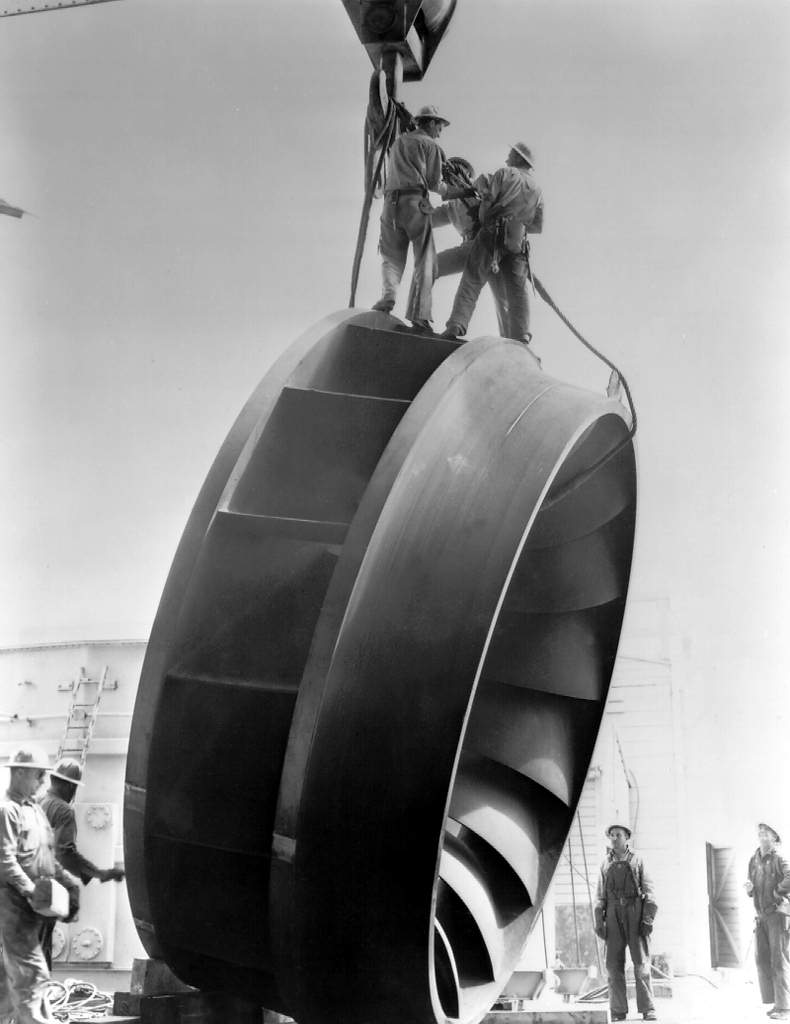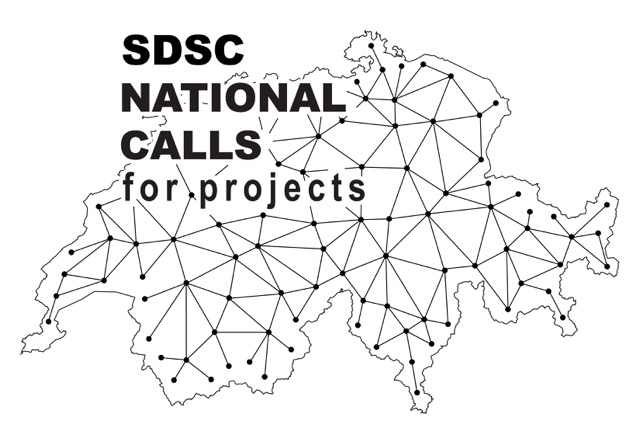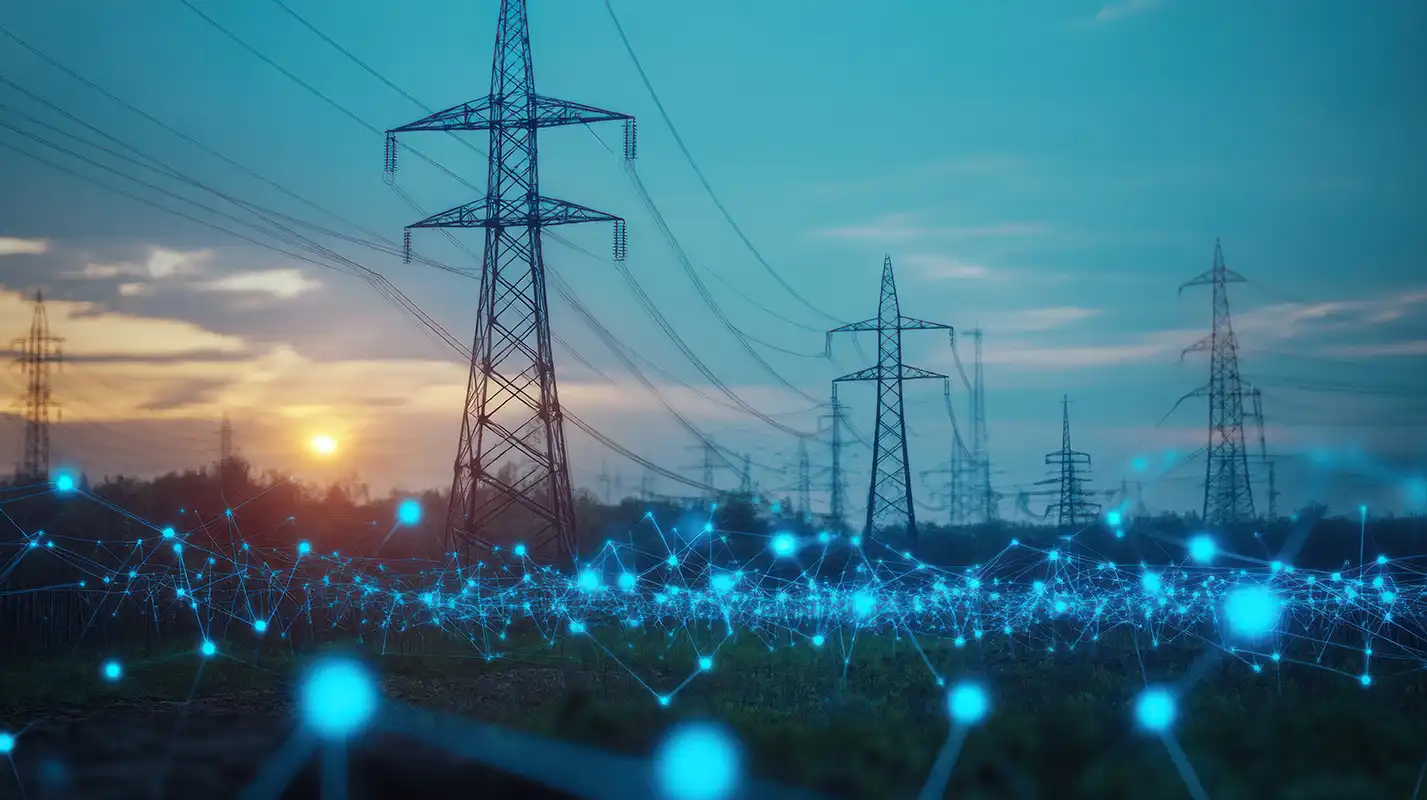
CarboSense4D
Four-dimensional mapping of carbon dioxide using low-cost sensors, atmospheric transport simulations and machine learning
Started
April 1, 2018
Status
Completed
Share this project

Abstract
How to determine real-time CO2 emissions of the city of Zurich and track their year-to-year evolution, enhance the understanding of CO2 exchange between biosphere and atmosphere over Switzerland, and improve the data quality of low-cost sensor networks.
description
Problem
- Determine real-time CO2 emissions of the city of Zurich and track their year-to-year evolution
- Enhance understanding of CO2 exchange between biosphere and atmosphere over Switzerland
- Improve data quality of low-cost sensor networks
Solution
Integrate complimentary information from
- Dense network of CO2 sensors across Switzerland
- Atmospheric transport simulations * Data analysis and machine learning
Impact
- CarboSense4D improves the operation of dense trace gas sensor networks and the understanding of CO2 fluxes at urban and regional scales to support the assessment of CO2 emission reduction measures.
Presentation
Download Presentation
Gallery
Annexe
Additional resources
Bibliography
Publications
Related Pages
More projects
EKZ: Synthetic Load Profile Generation
Completed
Reliable electricity load monitoring for non-metered nodes
Energy & Sustainability
OneDoc: Ask Doki
Completed
Enhancing Healthcare Access with GenAI-empowered Booking Assistance
Digital Society
Health & Biomedical
Private sector
SFOE Energy Dashboard
Completed
Modelling the end-user Swiss electricity consumption
Energy & Sustainability
Public sector
News
Latest news


December 1, 2025
Data Science & AI Briefing Series for Executives
Data Science & AI Briefing Series for Executives
The SDSC has launched a short, free Executive Briefing Series – 10-minute sessions for decision-makers to sharpen AI skills.


May 1, 2025
PAIRED-HYDRO | Increasing the Lifespan of Hydropower Turbines with Machine Learning
PAIRED-HYDRO | Increasing the Lifespan of Hydropower Turbines with Machine Learning
Hydropower accounts for 60% of Swiss energy production, with significant potential for growth.


March 12, 2025
First National Calls: 50 selected projects to start in 2025
First National Calls: 50 selected projects to start in 2025
50 proposals were selected through the review processes of the SDSC's first National Calls.
Contact us
Let’s talk Data Science
Do you need our services or expertise?
Contact us for your next Data Science project!




